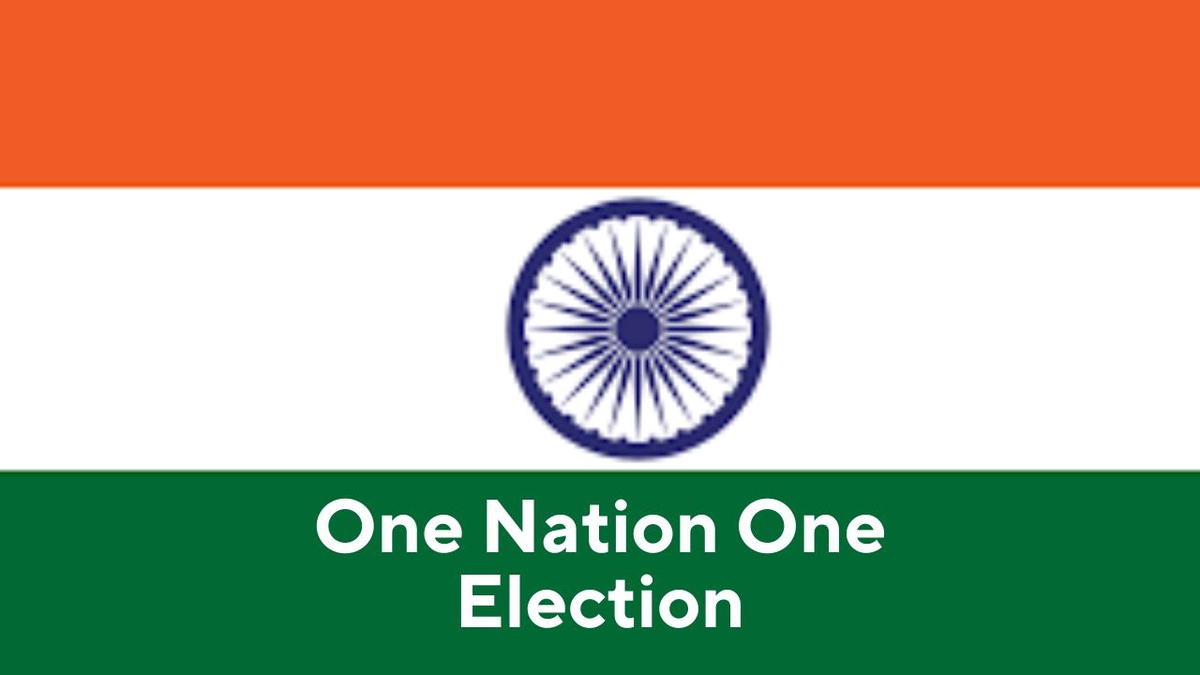One Nation One Election (ONOE) is a concept that aims to synchronize the electoral cycles of various tiers of government in India, including central and state governments, with the objective of holding elections simultaneously. While this idea has garnered considerable attention, it carries both advantages and challenges that warrant thoughtful consideration.
One of the key advantages of One Nation One Election is the potential for substantial cost savings. Conducting elections at multiple levels frequently can be an expensive endeavor. ONOE could reduce these costs significantly by consolidating electoral processes, thus allowing the allocation of financial resources towards other critical areas of governance, such as infrastructure, healthcare, and education.
Moreover, ONOE could contribute to political stability by minimizing the frequent disruptions associated with elections. Currently, India experiences elections at various levels almost every year, which often diverts the government's attention from governance to electioneering. Synchronizing elections could provide the government with more time to focus on policy implementation, leading to greater efficiency in governance.
Despite these potential advantages, One Nation One Election also faces significant challenges. Firstly, it necessitates constitutional amendments, as the terms of various governments at different levels currently differ. Achieving consensus among diverse political parties for such an amendment is a formidable challenge.
Secondly, the vast diversity of India's states and regions means that issues and political dynamics vary significantly. Conducting elections at the same time may lead to a nationalization of local issues, which could hinder the representation of regional concerns and dilute the federal character of India's democracy.
Lastly, there is the logistical challenge of conducting simultaneous elections. The Indian election machinery is already one of the most extensive in the world, and conducting multiple elections concurrently would place an immense burden on resources and manpower, potentially compromising the integrity and fairness of the electoral process.
In conclusion, the One Nation One Election concept presents both advantages and challenges. While it has the potential to reduce costs, enhance political stability, and improve governance efficiency, it requires significant constitutional changes, may threaten regional representation, and poses substantial logistical hurdles. A nuanced and comprehensive debate is essential to evaluate whether the benefits outweigh the challenges and whether ONOE is a viable solution for India's complex and diverse electoral landscape.


No comments yet